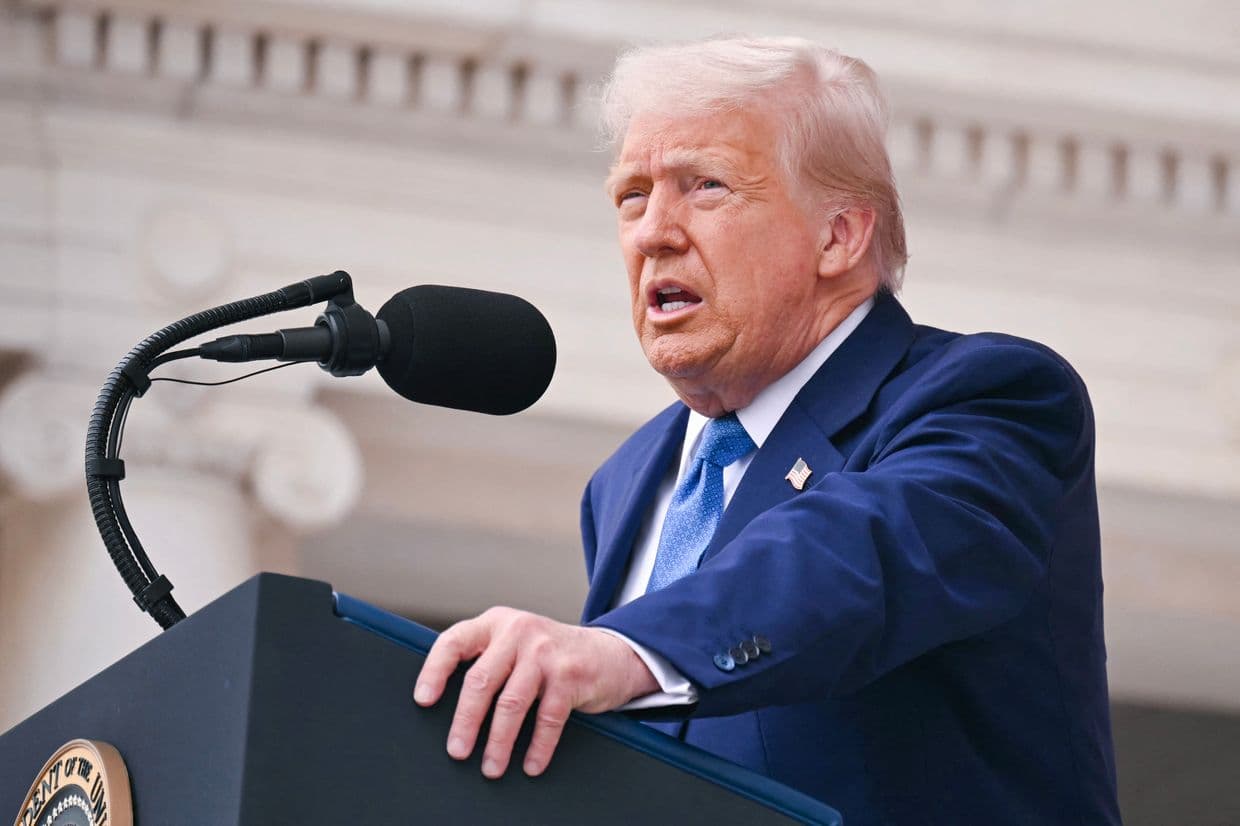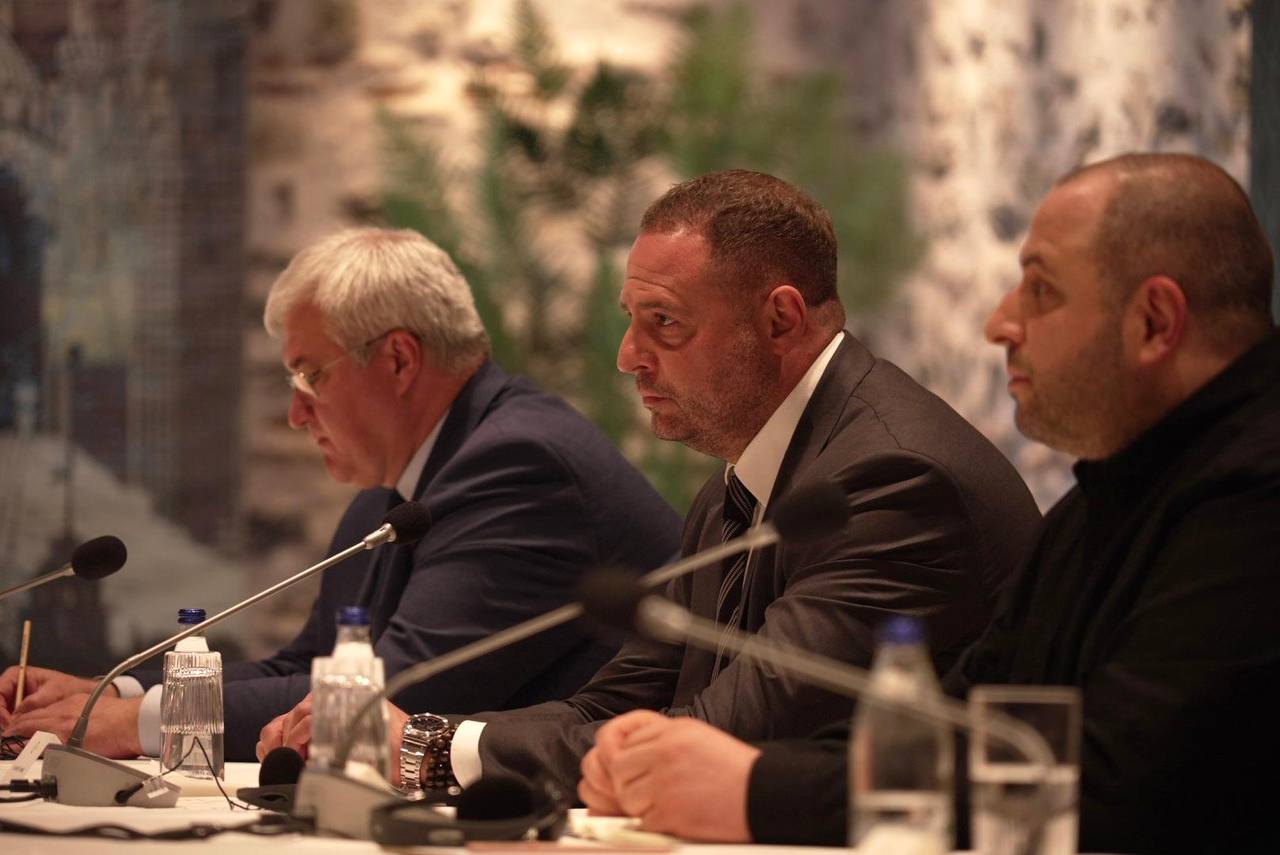US court blocks most of Trump's tariffs, rules he exceeded authority

A U.S. federal court overturned on May 28 President Donald Trump's tariffs on dozens of countries, including those affecting trade with Ukraine, according to the U.S. Court of International Trade's ruling.
Trump announced a new sweeping tariff policy on April 2 as part of what he called "Liberation Day," framing the tariff regime as a bid to revitalize U.S. manufacturing and fight back against foreign exploitation.
Ukraine was hit with a 10% blanket tariff on its exports, lower than the 20% imposed on the European Union. Increased rates targeted countries where the U.S. has the largest trade deficits, notably China.
Russia, Belarus, North Korea, and Cuba were not included.
The court ruled that the federal law allowing the president to impose tariffs, embargoes, and sanctions during national emergencies "does not authorize the president to impose unbounded tariffs."
The ruling cited the U.S. Constitution, saying that it grants Congress sole authority over international trade, which is not superseded by the president’s emergency economic powers.
The court struck down the 10% tariffs applied to all U.S. trading partners to address the trade deficit, along with Trump’s proposed "reciprocal" tariffs of 20–50% on over 60 countries. This move means that the court would also block tariffs on trade with Ukraine.
Additionally, the court overturned Trump’s executive orders imposing 25% tariffs on Canadian and Mexican goods and a 20% tariff on Chinese goods.
A 10% blanket tariff on its exports was still a setback for a country at war. Kyiv's metallurgy sector, a major source of Ukrainian exports to the U.S., was already impacted by a 25% tariff imposed in March.
In 2023, Ukrainian exports to the U.S. totaled just $874 million, while imports from the U.S. reached $3.4 billion. The overall trade volume has declined in recent years, but the tariffs could deepen the imbalance, especially if they trigger broader protectionist measures globally.
Yuliia Svyrydenko, Ukraine's Economy Minister, called the U.S. tariffs announced in early April "difficult, but not critical," saying Kyiv remained focused on long-term economic resilience and international cooperation.













